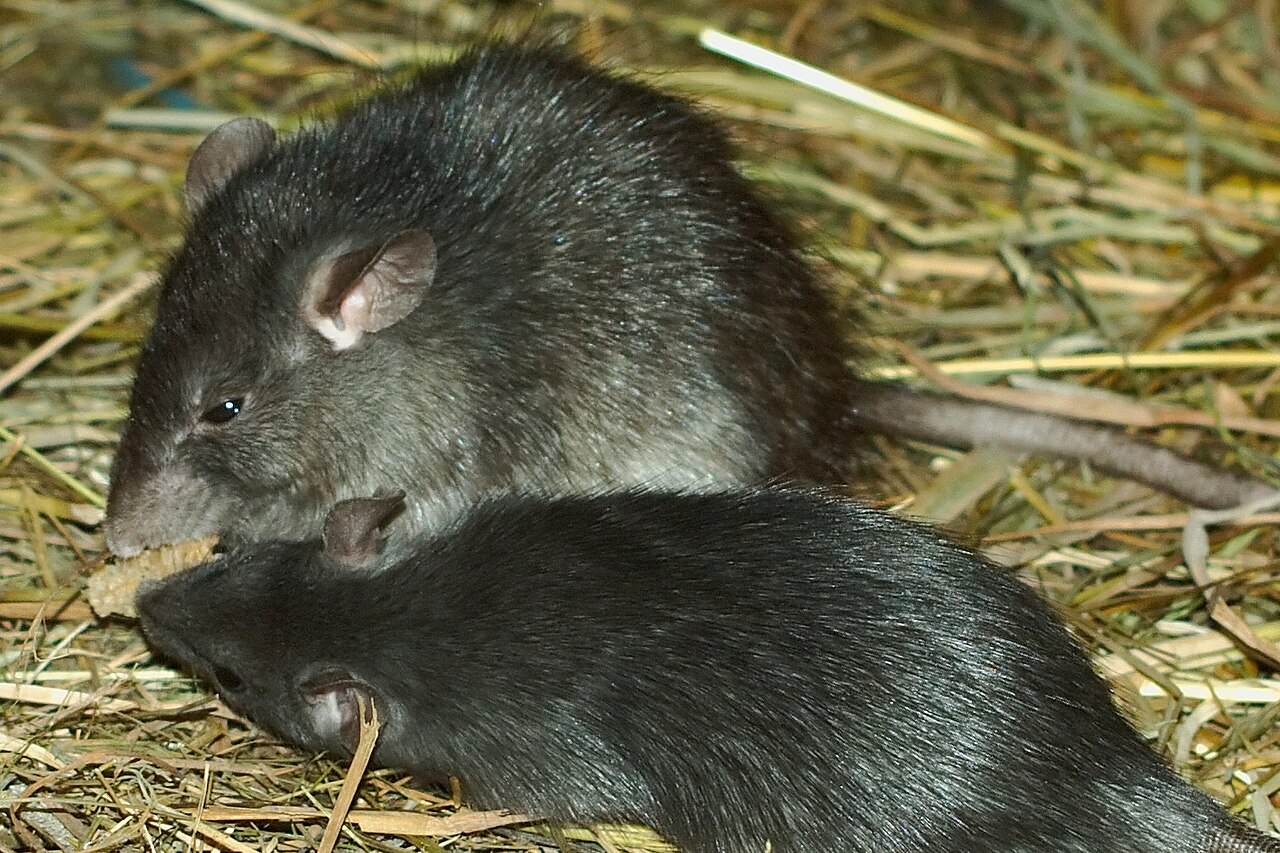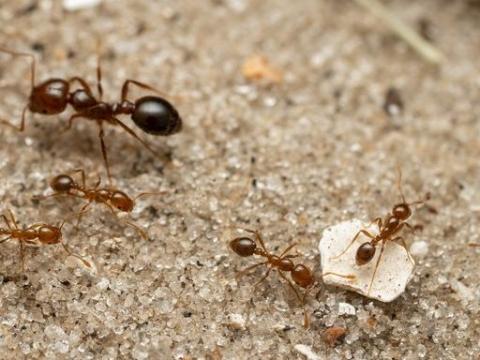Invasive species represent an underestimated threat to nature, the economy, food security and human health. This is the main conclusion of the new report from the Intergovernmental Scientific-Policy Platform on Biological Diversity and Ecosystem Services (IPBES), presented by some of its authors at a meeting with the media organized by the Science Media Center Spain. The document estimates the global economic cost in 2019 at more than $400 billion.
“It is not an anecdote, this is affecting people, including their life expectancy,” said the co-president of the report and professor at the Faculty of Forest Sciences at the University of Concepción and Institute of Ecology and Biodiversity (Chile), Aníbal. Pauchard, during the session. In it he explained that most of the impacts that these species have are negative, and that they may even involve new diseases such as those transmitted by invasive mosquitoes.
The researcher at the University of Aarhus (Denmark) Alejandro Ordoñez, co-author of the report, highlighted that regional integration in the fight against invasive species “is extremely important.” This is because "invasive species do not respect borders and will not stop being a problem if they leave Spain." In other words: “Actions must be taken at the regional level.”
The coordinator of one of the chapters and principal researcher of the Institute of Biology of Marine Organisms at CONICET (IBIOMAR-CONICET, Argentina), Evangelina Schwindt, gave several examples of invasive species, but also clarified that there are solutions to fight against them. “88% of vertebrate eradication attempts were successful in a study with more than a thousand islands, which is encouraging because islands are especially vulnerable to species introduction.”




